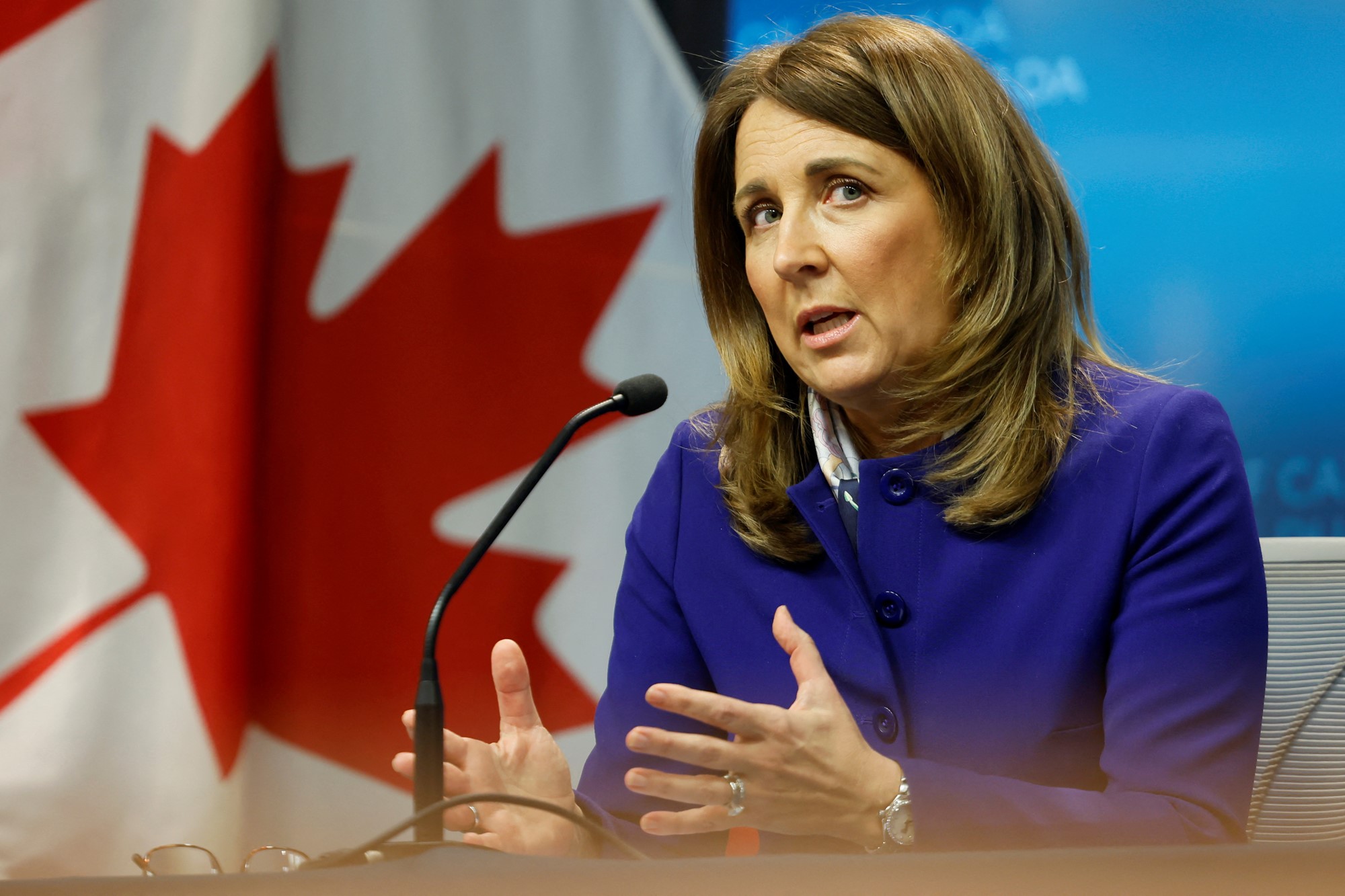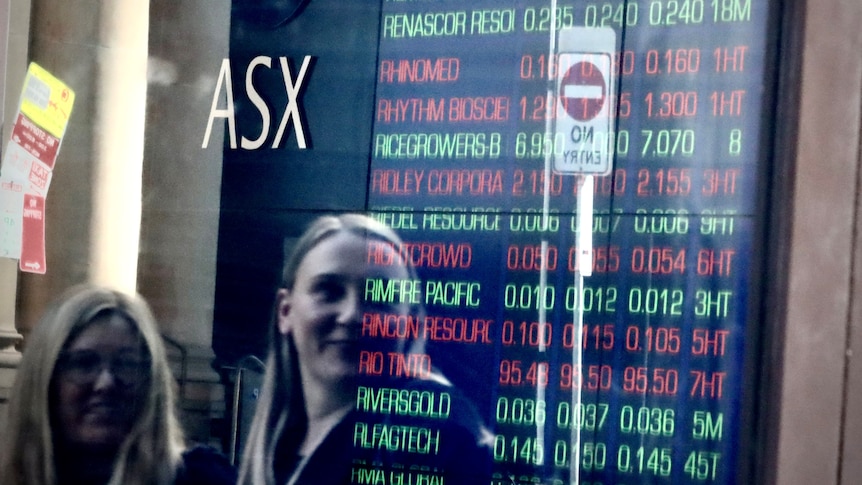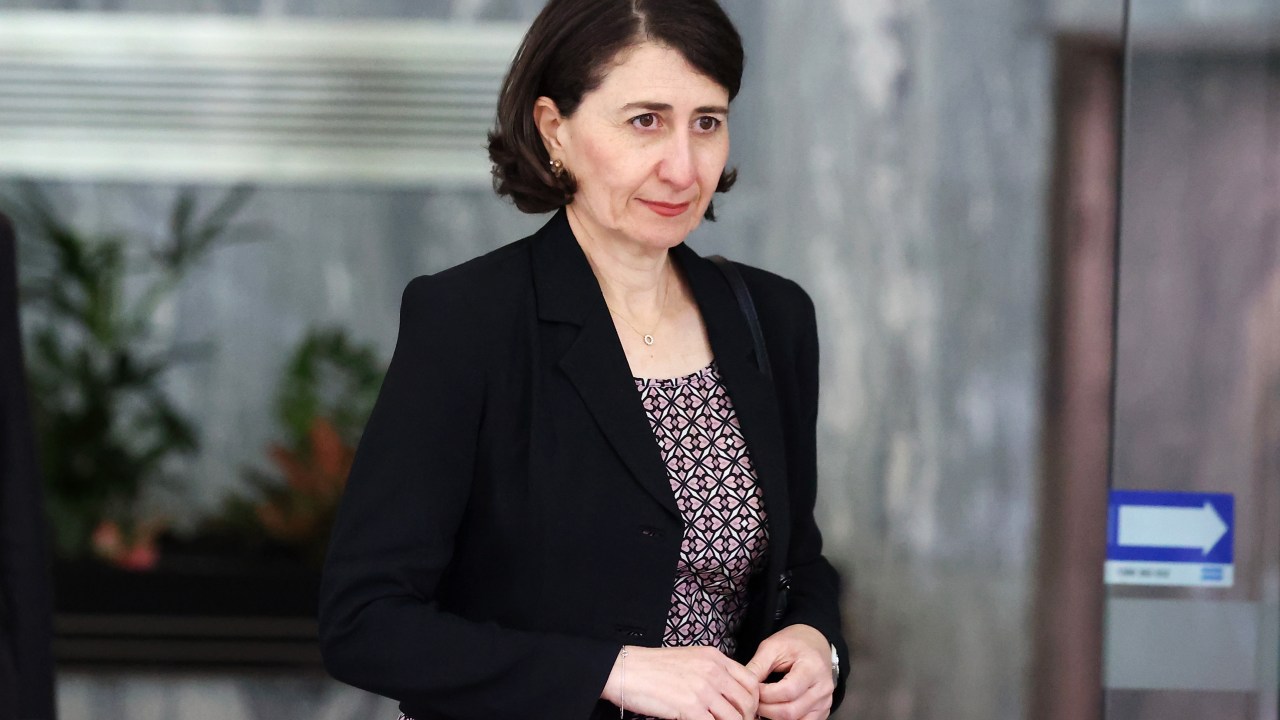Staying overseas, and the Bank of Canada says the era of super-low interest rates we’ve seen in the past is likely over, and households and businesses should be prepared to face higher borrowing costs than they’ve been used to.
“It’s not hard to see a world where interest rates are persistently higher than what people have grown used to,” senior deputy governor Carolyn Rogers told Advocis Vancouver, an association of financial advisors.
Ms Rogers said she wanted “to stress the importance of adjusting proactively to a future where interest rates may be higher than they’ve been over the past 15 years“.
If you’re not familiar with the Bank of Canada’s cash rate history, their rate was just 0.25% throughout most of the pandemic, and never went past 1.75%.
Now, it’s at a 22-year high of 5.0%, after increasing rates 10 times between March 2022 and July this year, with inflation peaking at more than 8% last year.

The BoC left rates on hold last month, and has the same attitude as other central banks around the world when it comes to future rate hikes (that they could still raise rates again, if needed).
Inflation in Canada isn’t expected to reach its 2% target until the end of 2025, according to the BoC’s forecasts.
Ms Rogers also said some households in Canada were already struggling to deal with existing debt, with delinquency rates back at (or surpassing) pre-pandemic levels for credit cards, car loans and other unsecured lines of credit.
Delinquency rates on mortgages however are still lower than before the pandemic, she said, but 60% of fixed-rate mortgage holders who will have to renew their mortgages by the end of 2026 “may face significantly higher payments”.
All that said, even though some of the BoC’s own policy setters see the need to lift rates again, economists expect the BoC to start easing rates as early as April, and money markets see them coming down mid-2024.



